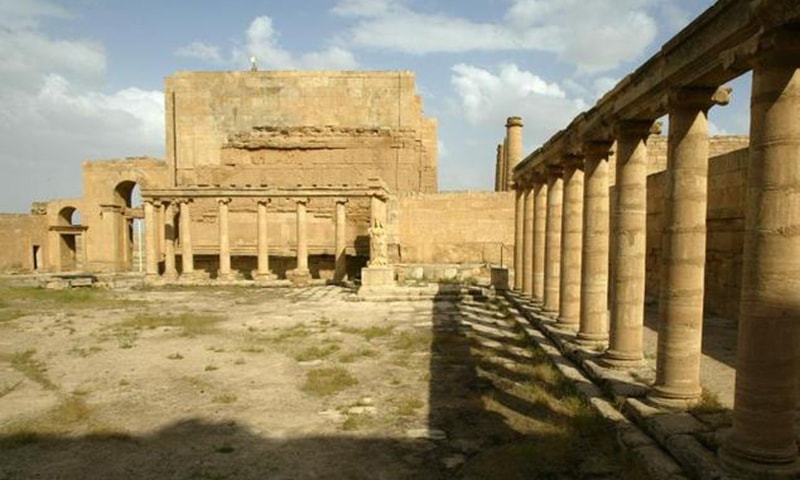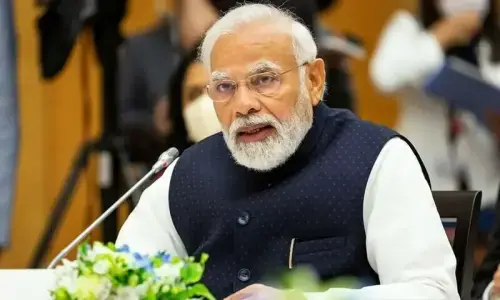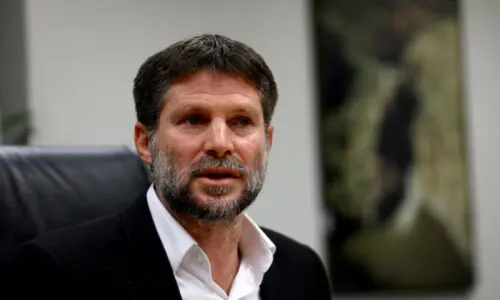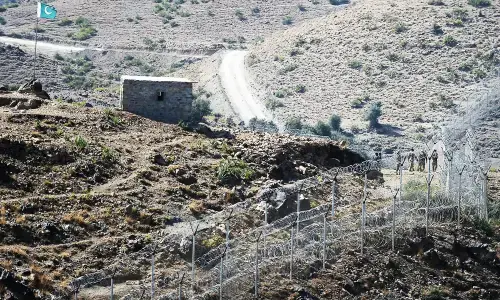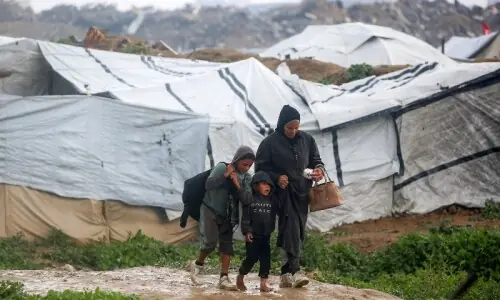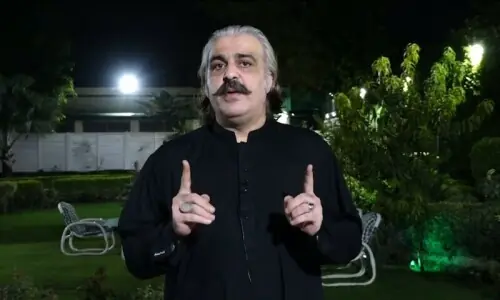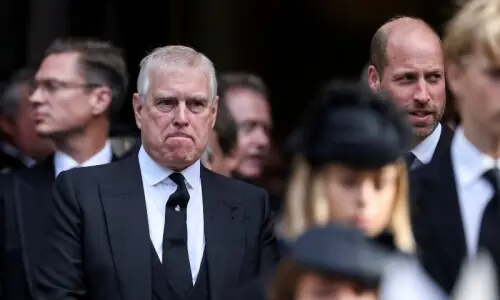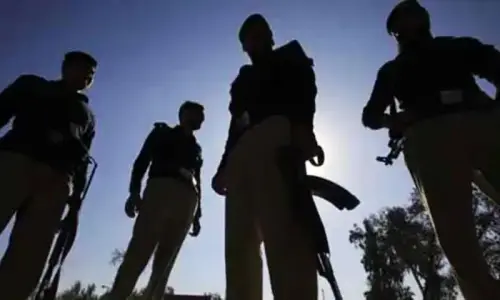BAGHDAD: UN Secretary-General Ban Ki-moon called on the international community on Sunday to halt the destruction by Islamic State jihadists of Iraqi archaeological sites, branding the smashing of priceless and ancient artifacts a “war crime”.
Ban's comments came hours after Iraq's tourism and antiquities minister called on the US-led coalition carrying out air strikes against the militants to try to protect the sites, stating: “We request aerial support."
The jihadists caused outrage around the world when they bulldozed the ancient Assyrian city of Nimrud and smashed artifacts in the Mosul museum.
They may now have turned their attention to the extremely well preserved fortress city Hatra, which is more than 2,000 years old and a UNESCO world heritage site, with the United Nations condemning its reported “destruction”.
“The Secretary-General urgently calls on the international community to swiftly put a stop to such heinous terrorist activity and to counter the illicit traffic in cultural artifacts,” Ban said in a statement from his spokesman.
“The deliberate destruction of our common cultural heritage constitutes a war crime."
He stressed that the perpetrators must be held to account, and said he was “outraged” by the destruction, citing the Hatra reports.
Earlier on Sunday, the UN chief echoed a call by Iraq's tourism and antiquities minister, Adel Fahad al-Shershab.
“The sky is not in the hands of the Iraqis, the sky is not in our hands. Therefore, the international community must move with the means it has," Shershab told journalists in Baghdad. Shershab went on to say, “We request aerial support.”
Asked specifically if he wanted coalition strikes to protect archaeological sites, he responded: “What I request from the international community and the international coalition is to carry out air strikes against terrorism wherever it is found."
The attacks on Iraq's archaeological heritage took place in IS-held areas in the northern province of Nineveh, where Iraq does not have security forces that are able to respond on the ground.
Targeting militants destroying archaeological sites would be a departure for the coalition, which is waging a campaign of strikes aimed at weakening IS military capabilities in Iraq and neighbouring Syria.
'It was expected'
The coalition announced that it had carried out 12 air strikes in Iraq from Saturday to Sunday morning, including two near Mosul that reportedly destroyed an IS unit and two “excavators”, but it was unclear if these were involved in attacking historic sites.
“The site of Hatra is a site in the desert where it is possible to see any infiltration from the air," Shershab said of the ancient city, which features a unique blend of eastern and western architecture.
“It was expected that they (IS) would destroy it,” he said.
But it remains unclear whether large-scale destruction was carried out at Hatra, whose thick walls and large buildings withstood two Roman invasions in the 2nd century AD.
Shershab said his ministry had not been able to officially confirm what had happened because the area is held by IS.
The jihadists spearheaded a sweeping offensive in June that overran large areas north and west of Baghdad, and Iraqi forces backed by the US-led coalition and Iran are battling to push them back.
IS tries to justify the destruction of antiquities by saying they are idolatrous, but experts say the group traffics in them to fund its self-proclaimed “caliphate” and destroys only those pieces that are too bulky to be smuggled.
Shershab echoed the point on Sunday: “They say 'it is haram' (forbidden by Islam). At the same time they are selling (artefacts) and benefiting financially."
The timing of the attacks suggests they are more for propaganda purposes than a matter of religious conviction, as the militants have controlled the areas where the sites are located for close to nine months before acting.
The UN Security Council last month adopted a resolution aimed at choking off financing for IS from antiquities trafficking as well as oil smuggling and ransom payments.
A ban on looted antiquities in Iraq was already in force, and was expanded to Syria under the resolution.

